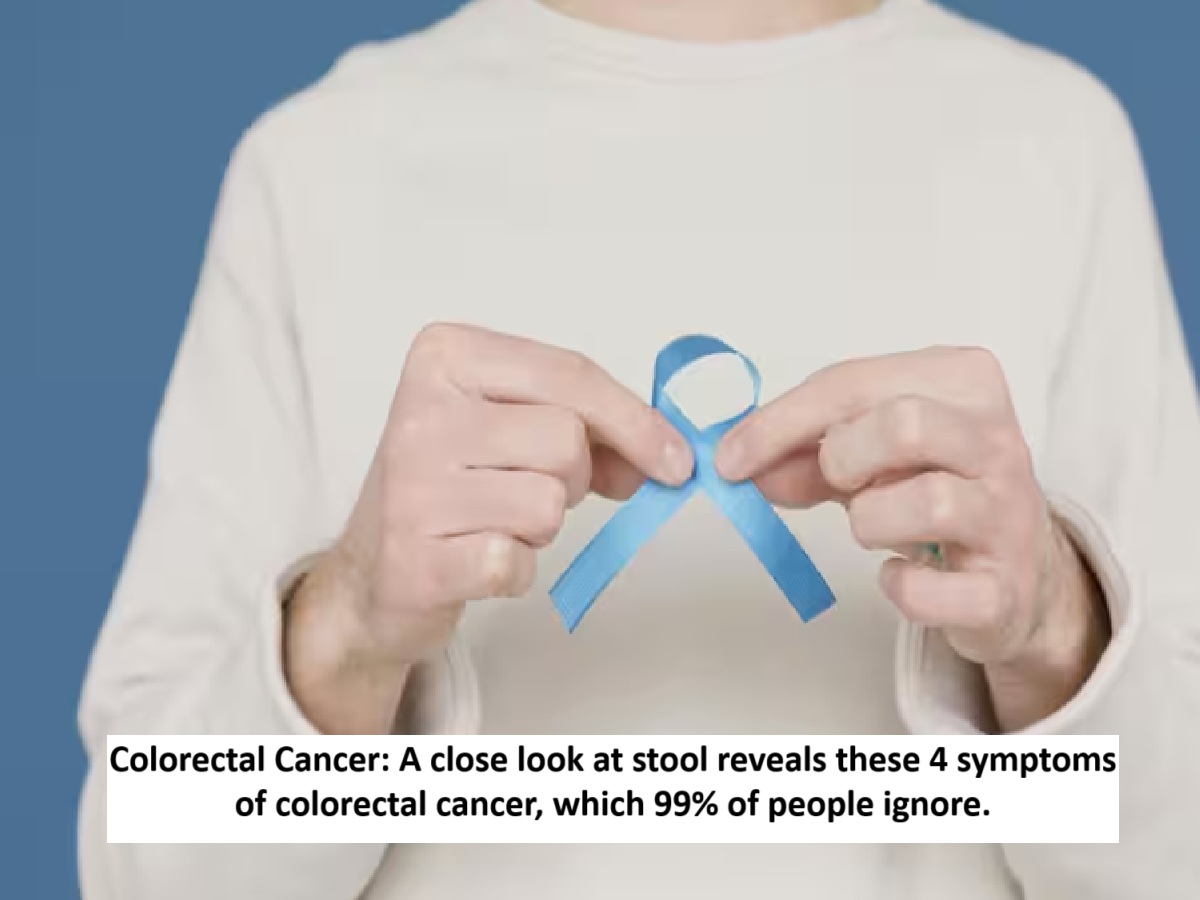
News Topical, Digital Desk : Colorectal Cancer Symptoms: Colorectal cancer is rapidly becoming a serious health challenge worldwide. Surprisingly, its cases are increasing not only in the elderly but also in young people. In the initial stages, this disease often progresses without any specific symptoms or shows mild changes which people ignore thinking it to be a common stomach problem. A study by JAMA Network shows that certain specific symptoms are strongly associated with colorectal cancer occurring at an early age.
Why is timely identification important?
According to the American Cancer Society, if colorectal cancer is detected in its early stages and the disease is confined to one area of the body, the patient's five-year survival rate is approximately 90 percent. However, as the cancer spreads throughout the body, this figure drops rapidly. This figure is approximately 73 percent in regional stages and only 13 percent if the cancer has spread further. Therefore, early detection is crucial.
Early detection is the cure
If colorectal cancer is detected early, it offers better treatment options, fewer recurrences, and significantly increases the chance of complete recovery. Doctors say that many early signs can be seen in your stool. Learn about the important symptoms you should never ignore:
Thin or pencil-like stools
If your stool suddenly becomes thin, ribbon-like, or pencil-like, and this change persists for several days, it could be a warning sign. The American Cancer Society says this happens when a tumor narrows the lining of the intestines. According to the Mayo Clinic, this condition leaves less room for stool to pass through, making it appear thinner.
Presence of mucus in the stool
The intestines normally produce a small amount of mucus, but if this amount increases and the stool becomes noticeably sticky or gel-like, it could be a sign of a problem. NCBI medical guidelines also consider mucus or blood coming from the rectum as a warning sign.
Blood in the stool
Blood in the stool, whether bright red or black, is considered the most common early sign of colorectal cancer. Research suggests that approximately 50 to 60 percent of early-stage patients experience some form of bleeding. Although bleeding can also be caused by hemorrhoids, fissures, or infections, frequent or persistent bleeding should never be taken lightly, especially when accompanied by other symptoms.
persistent diarrhea or constipation
Frequent diarrhea, constipation, or frequent alternations between the two are also warning signs. The Moffitt Cancer Center says that if these problems persist in people over 50, a colon exam is necessary. If the problem persists for several days or weeks, a colonoscopy is essential.
Why are young people also at increased risk?
A large analysis published in The Lancet Oncology found that colorectal cancer is rapidly increasing in the 25-49 age group, with cases rising in 27 out of 50 countries. According to MDPI, the main causes are antibiotic use at an early age, highly processed foods, obesity, and poor lifestyle habits. Experts believe that if people focus on timely screening and lifestyle modifications, the rising incidence can be largely prevented.
--Advertisement--

 Share
Share



